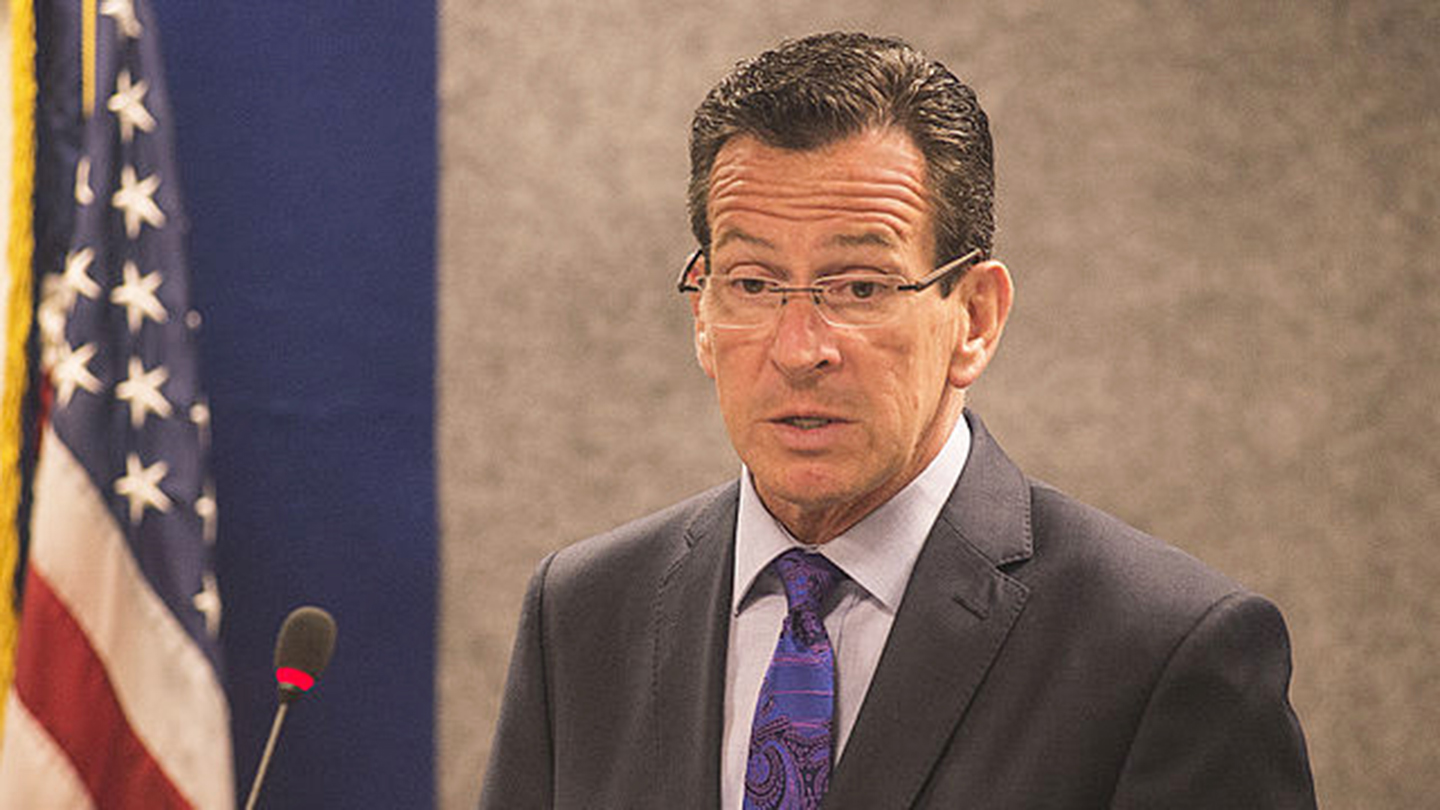
Wikimedia Commons
For the third year in a row, Connecticut has passed new legislation to combat the opioid crisis, a national epidemic that is projected to claim more than 600 lives in the state in 2017.
Gov. Dannel Malloy hosted a bill-signing ceremony on International Overdose Awareness Day last week to mark the state’s latest series of laws passed to curb opioid-related addictions. The ceremony focused on House Bill 7052, which was unanimously adopted by the State Senate and signed into law by Malloy on June 30.
“Addiction has no face and it affects nearly every Connecticut municipality – from our urban cities to our suburban towns,” State Rep. Robyn Porter, D-New Haven, said in an email to the News. “Too many families have suffered loss from this ongoing crisis. This unparalleled public health emergency has prompted the state legislature to change how we address addiction.”
H.B. 7052 attempts to create a more comprehensive approach to tackling the opioid epidemic, highlighting five new measures in the bill that expand the solution beyond resuscitating overdosed patients. Most of the state’s past efforts focused on equipping first-responders with naloxone, a drug that reverses the effects of an opioid overdose.
Other bill measures aim to prevent individuals from developing an opioid addiction in the first place. For instance, health care providers, such as registered nurses, are now allowed to dispose of unused medical prescriptions. That power was previously reserved only for the prescription recipients or their legal caregivers.
Patients can now also fill out a voluntary nonopioid directive form before they receive any prescription painkillers from their doctors, eliminating the possibility of coming into contact with opioids from one of the primary sources of such medication. In addition, doctors are now required to share relevant information about opioid addiction upon prescribing medications to both minors and adults, ensuring that all patients are aware of the risks involved in taking opioids.
“By engaging providers and strengthening partnerships, this bill continues progress to curb the opioid epidemic and prevent new victims,” Lt. Governor Nancy Wyman said during the bill-signing ceremony. “It is part of a bigger strategy to address addiction and recovery so our residents can live healthier, more productive lives.”
Recognizing that there is more work to be done, Porter said she remains optimistic that the state legislation is on track to contain the opioid epidemic. By enacting measures such as requiring that certain painkillers be prescribed electronically, Porter said these new laws increase security of controlled substances.
State Senator Gary Holder-Winfield, D–New Haven, said that when the bill was first introduced in the State Senate, he told legislators that although the current opioid crisis is different from other drug-related problems in urban communities, lawmakers can draw experience from the heroin crisis during the 1970s.
Holder-Winfield added that he called on his colleagues to pitch in even if the communities they represent are not as affected by the epidemic as others are.
“We cannot say ‘it is not happening in our areas,’” he said. “We have to say it is happening to the people in our state, and we have a responsibility to do something about it.”
Holder-Winfield said the efficacy of this comprehensive attempt requires time to manifest, adding that the results will be monitored closely in the state capitol.
From January to June, Connecticut had 539 fatal cases due to drug overdose.







